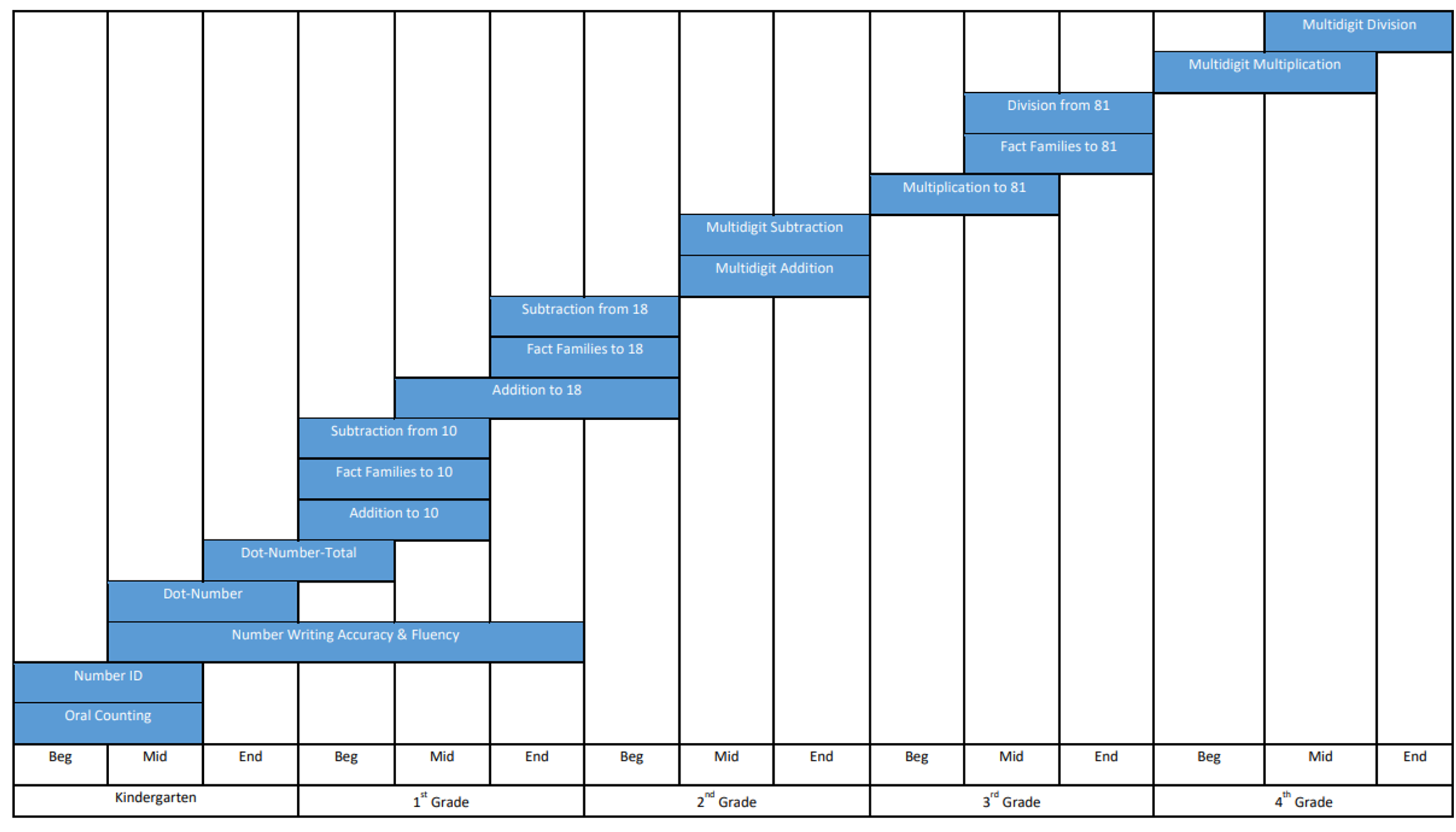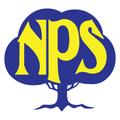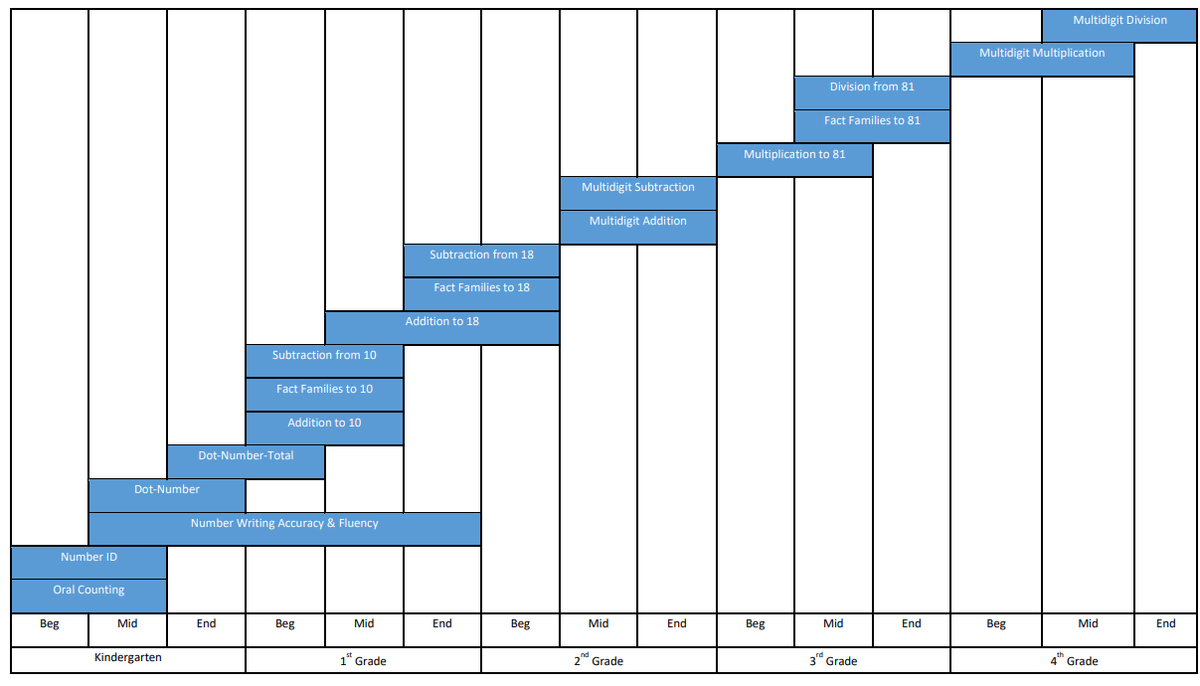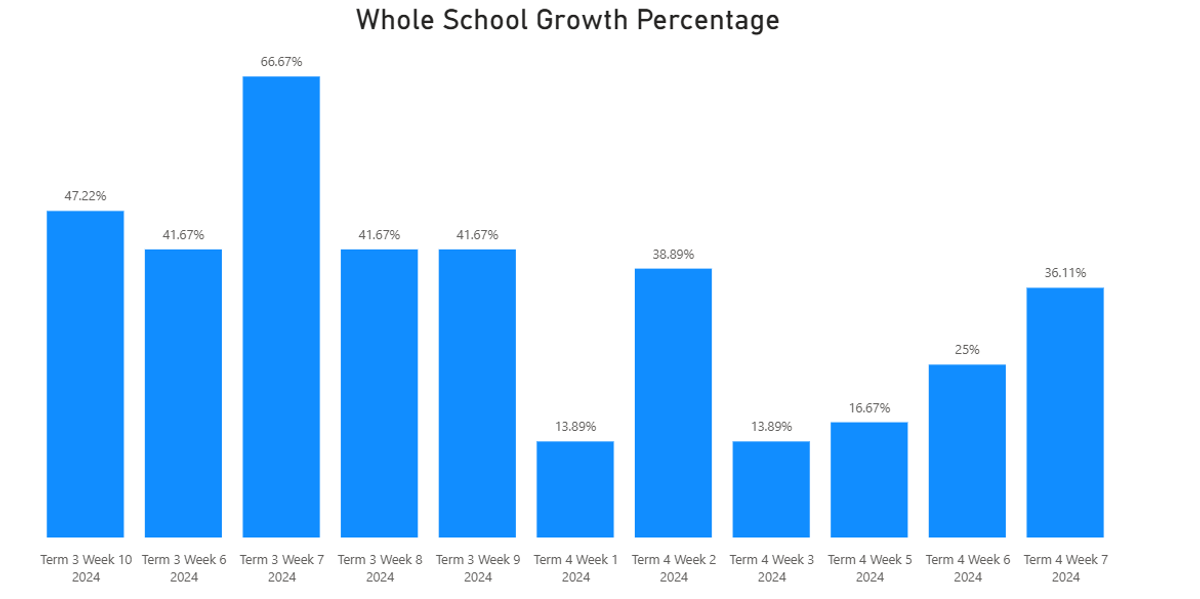Mathematics - Facts on Fire

Facts on Fire—you've probably heard about it. Maybe it's been the talk of the school community since the end of last term. Or perhaps you’re mixing it up with that Kings of Leon track. Either way, this exciting addition to our Mathematics program has sparked plenty of enthusiasm.
What is it?
Every day, our students take part in a focused 4-minute number fact fluency session to strengthen their automatic recall of number facts. Yes, it’s timed, and yes, it’s all about building speed and confidence in responding to mathematical questions.
By giving students tasks targeted to their specific needs, along with teacher intervention strategies when required, all students have the opportunity to experience success. This ensures that every student, regardless of their starting point, feels supported and capable of making progress.
Why are we doing this?
Cognitive Load Theory highlights that when students' working memory is overloaded by basic calculations, it limits their ability to solve more complex mathematical problems. Regular practice in recalling number facts frees up their cognitive resources, enabling them to engage more deeply with challenging mathematical concepts.
How are students’ results monitored?
Students work specifically on their identified number fact fluency goals. Teachers assess their progress weekly, recording how many responses they can accurately recall in one minute. Using this data, students receive a personalised fluency workbook each week to target their individual learning needs.
What if a student struggles with their fluency goal?
If a student finds their fluency goal challenging, our teachers take a proactive approach. They carefully analyse both the number of correct responses per minute and the student’s accuracy. For those who need extra support, targeted intervention strategies are introduced to ensure all students make progress.
How can parents support their child’s number fact fluency?
We’re currently exploring ways to share student progress and practice materials with families.
In the meantime, we encourage parents to discuss their child’s fluency goals and engage in fun number fact activities at home.
Celebrate their improvement—are they more confident? Are they quicker with their responses? Are they applying their recall in other areas of mathematics? Are they enjoying the challenge? Are they sharing their progress with you? Are they starting to tackle problems that once seemed too difficult?
Recognising and celebrating these moments can help build your child’s motivation and enthusiasm for learning.
You can find supporting resources for your child's fact fluency goal using the Facts on Fire website. https://brianponcy.wixsite.com/mind/copy-of-mind-facts-on-fire
What’s the research behind this?
Meet Brian Poncy, a prominent researcher whose work underpins much of the current Science of Mathematics movement in Australia. His research emphasises that a student's automaticity in number facts is a key predictor of their overall success in mathematics. The expected outcomes of improved automaticity are clear, as illustrated in the table below.
Sample Number Sentences Supporting Resources
What results are we seeing at Newlands?
While we only began this practice in Week 6 of Term 3, early signs are promising. Research suggests it can take up to four years for a school to see the full impact of this approach. Despite this, we’ve already observed significant improvements in students’ response times and accuracy, with an average of 30% of students achieving a new fluency goal each week.
Facts on Fire has ignited enthusiasm for mathematics at Newlands, and we look forward to seeing how this initiative continues to benefit our students in the years ahead.
The below graph shows the percentage of students working on a new skill each week.


